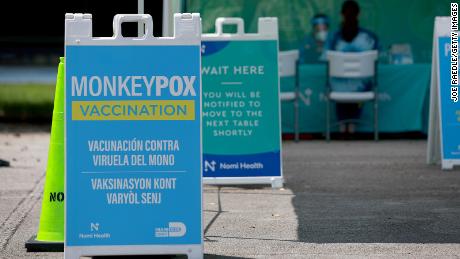Yet experts say that the insistence on generalizing warnings both hurts outreach to the most vulnerable people, including Black and Latino men, and oversimplifies the lessons of the AIDS crisis, which illuminated the importance of battling stigma and pushing for care for those who needed it.
“We don’t want to add stigma to a delicate situation, but then our messaging becomes so broad that nobody knows which people we’re speaking to — and that becomes a real problem,” Robert Fullilove, a professor of clinical sociomedical sciences at the Columbia University Medical Center, told CNN.
What the early data show
Part of the issue with talking about monkeypox in oblique terms is that we end up overemphasizing who can get the virus and downplaying who does get it, according to Melanie Thompson, an Atlanta-based HIV physician and researcher.
Thompson underscored the importance of clarity, of communication that spells out where, precisely, the virus is.
“The purpose of data isn’t just to crunch numbers — but to ensure that the people most impacted by monkeypox or any other disease entity are getting the services that are required,” she said.
Thompson added, “The message that anybody can get monkeypox spreads fear among the general population. It distracts from the messaging we need to get to people at risk for monkeypox infection.”
And this kind of obfuscation doesn’t merely distract. It…
Click Here to Read the Full Original Article at CNN.com – RSS Channel – HP Hero…

